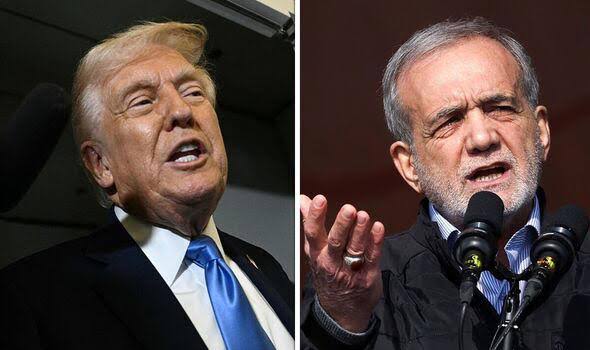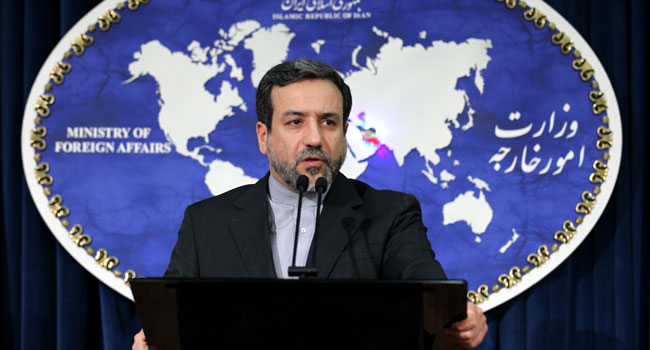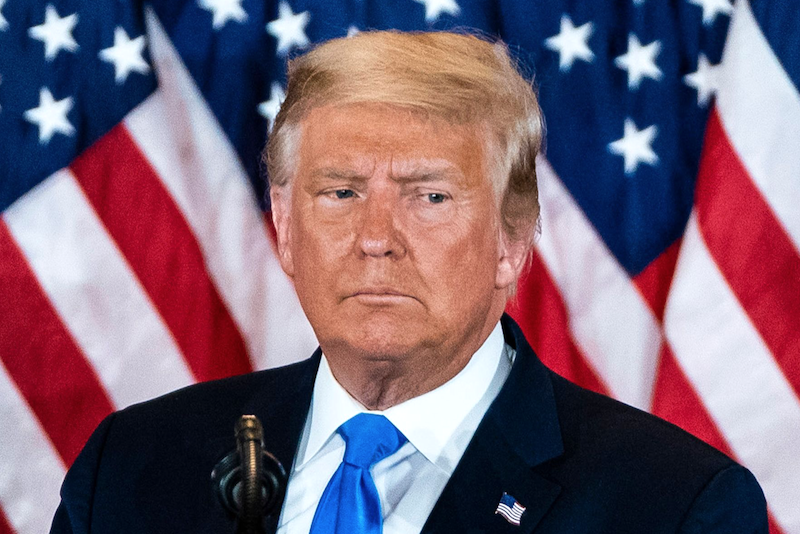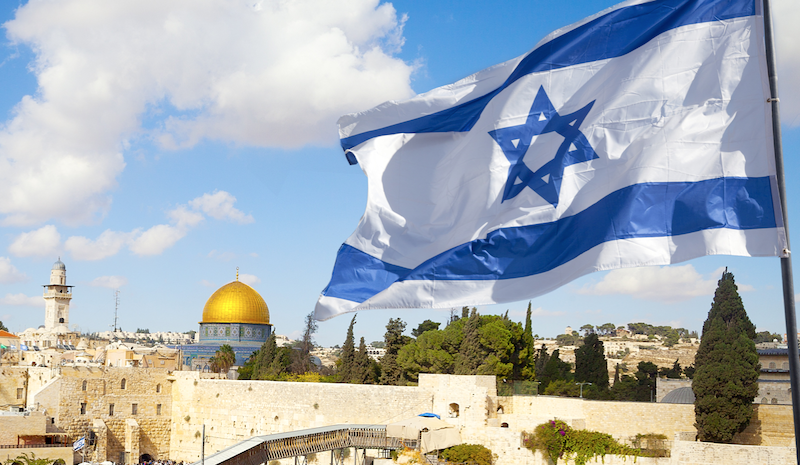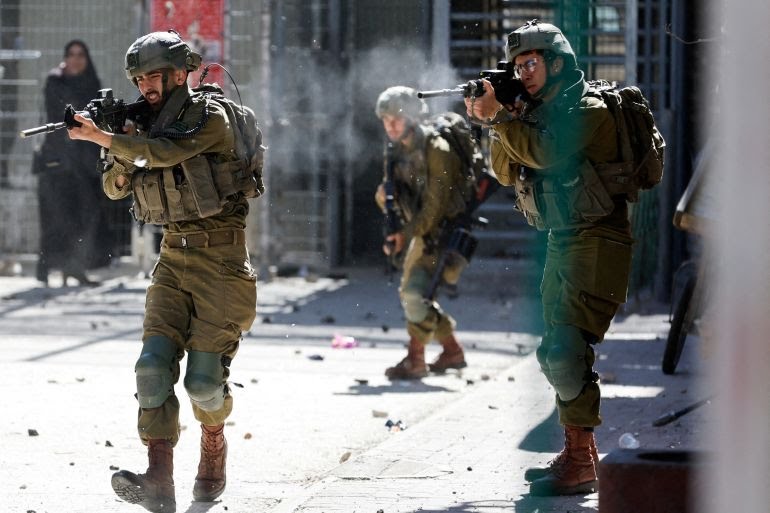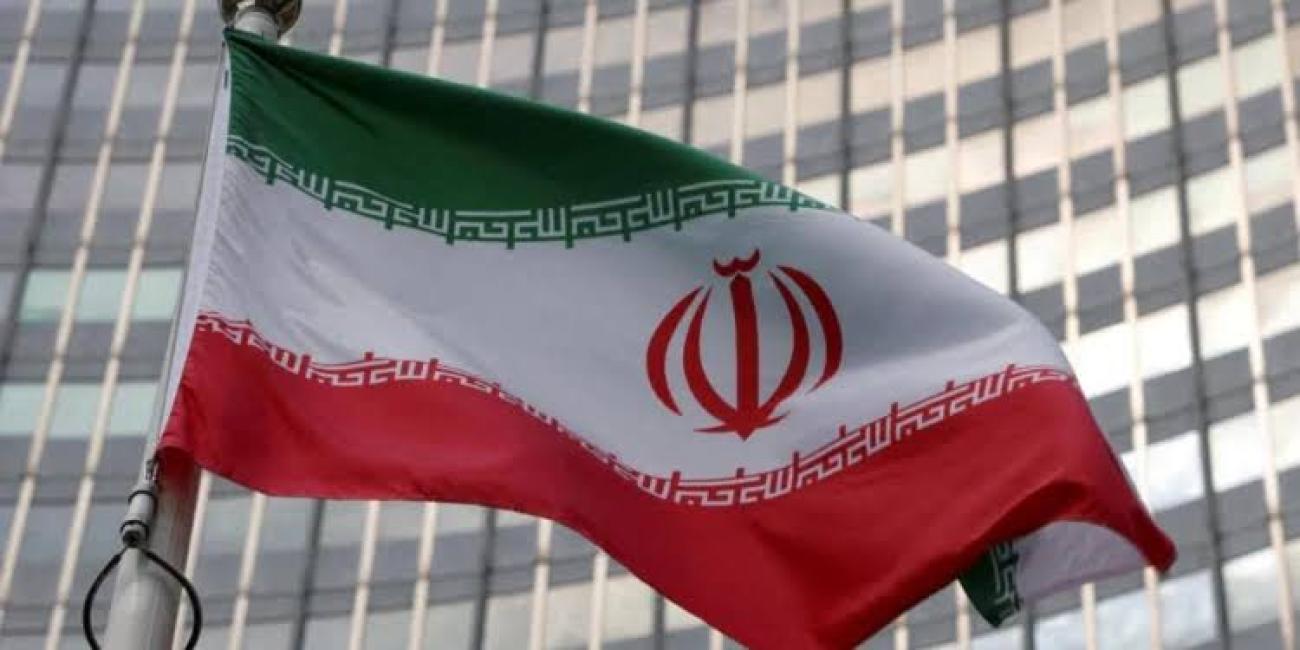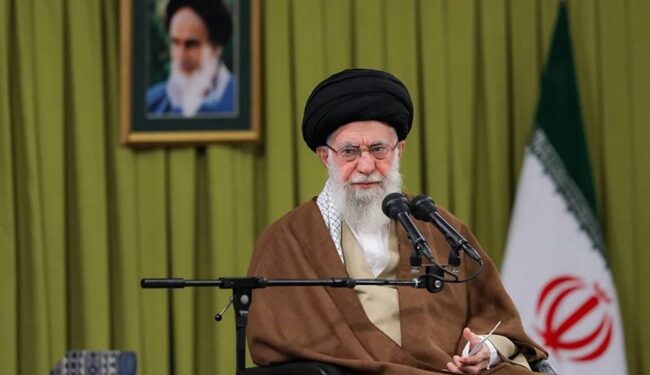By Steve Egbo
October 7 has become for Israel what 9/11 was to the United States. A day to remember. It was the day a great power let down its guard and incured the humiliation and devastation of the enemy – an inferior enemy, but one that is motivated, determined, hateful, obdurant and unyielding.
That is what happens when hubris and delusional arrogance are allowed to detract national security consciousness. It is said that no matter how strong one may be, either as an individual or a nation, care must be taken never to underestimate the capacity of a determined enemy.
That reality was brought home to Israel and it’s leaders in a way they will never forget. On October 7, 2023, Israel and it’s leaders woke up to a new reality. That new reality is that in a confrontation between the elephant and the rattle snake, the elephant is expected to crush the rattlesnake underfoot, but if the elephant loses focus, the little enemy would strike with amazing ferocity. And that strike could prove fatal.
The state of Israel was declared on May 14th, 1948, and five Arab countries went to war war on the 15th – the next day. These Arab nations declared their aversion to the existence of a Jewish state in their midst.
From the floors of the United Nations General Assembly to the fields of Palestine, they made clear their mandate “to drive the Jews into the Sea”. The political and religious leaders of the Arab world described the destruction of Israel as “an act pleasing to God and religion”.
And every Arab state swore to the achievement of that objective. Several decades later, not so much has changed. The hatred and anger have not diminished, and neither the tears and bloodshed. Iran, a non Arab country, got involved on religious and ideological bases, complicating the situation even more. We will return to that later.
On this account, Israel fully understood the circumstances of its existence and was determined not to oblige those that wished them ill. The remnants of the world Jewry, bleary-eyed and exhausted from Hitler’s ‘Final Solution’, knew that they had no option left. Either to fight to the death or be led meekly to the slaughter once again.
They choose the former. They fought an impossible war and won a unique victory. The War of Consolidation in 1948, was a war that astonished every observer. John Stoessinger in his book, “Why Nations go to War” noted that even the most sophisticated military strategists and analysts around the world could not stop asking “how did they do it?”. Israel’s survival in 1948 was attributed to many unusual factors, not the least, ‘the hand of God’.
In the years that followed, many more wars were fought – major wars, minor wars, incursions, skirmishes, expeditions and military actions. Israel has never stopped fighting.
However the Yom Kippur War of October, 1973 was Israel’s costliest war in both man and treasure. But it was to alter the thinking of some of Israel’s enemies. For the first time since 1948, Israel’s territory was breached and the penetration went so deep that Israel saw itself on the brink of defeat.
But Israel rallied and launched an offensive that altered the regional map. Yom Kippur solidified Israel’s position as a power in the Middle East. Suddenly it became very clear that the Middle East has a regional super power – Israel. Israel’s invincibility was anchored on three basic paradigms: a superior military complex, an extraordinarily resourceful intelligence apparatus and solid American backing.
Some of the belligerent Arab states grudgingly came to the realization that the goals of ‘annihilation of Israel’ was no longer realistic. Israel had become too powerful for its enemies to handle. Some of their neighbors decided to rethink their strategy and pursue the path of peace.
Successive American governments played key role in mid-wifing the peace processes. First to make peace with Israel were – Egypt (1979) and Jordan (1994). Later on, more Arab states normalized relations with Israel. These were, UAE, Bahrain, Sudan and Morocco all in 2020. Saudi Arabia, a major power in the Middle East, was at the threshold of signing a peace deal with Israel last year when Hamas, with the backing of Iran, struck on October 7, the 50th anniversary of Yom Kippur.
The question many have asked and kept asking was – “why did Israel go to sleep on the anniversary of Yom Kippur?” Why such huge intelligence failure even among her equally capable allies? What were the Mossad, CIA and MI6 doing? “How did this happen?” The Arabs believe in symbolism and the significance of numbers.
They pay great attention to such equations. Yom Kippur is an important date in the Arab psyche. Yom Kippur broke the backs of the Arab enemies of Israel and forever altered the regional balance of power in the Middle East. Israel ought to have known that their enemies do not forgive and they do not forget. They only bid their time.
It is amazing that the delicate planning and flurry that went into October 7 took place right under the noses of the Mossad and CIA.
In an article I wrote on October 8, a day after Hamas invasion, I stated that “Hamas has opened the gates of hell”. Events of the last one year have proved that it was not an exaggeration. The repercussions have been horrendous. On all sides. Hamas, ordinary Palestinians and Israelis have all paid a huge prize – in blood and tears.
And the crisis has continued to escalate, sucking in other actors from different places. It has become a rallying point for all the Israeli haters in the region – Hezbollah in Lebanon, Houthi rebels in Yemen, Islamic resistance group in Iraq, Syrian based militia, and other Palestinian factions in both the Gaza strip and the West Bank.
Behind these group, pulling the strings, goading them on, is the Islamic republic of Iran, an imperial theocracy that imagines itself a global power. Iran is a sworn enemy of Israel and the west, particularly the United States. Iran is a latter entrant into the melee.
Following the revolution of 1979, the new regime led by Ayatolla Khomeni, felt buoyed on to spread its brand of Islamic revolution across the Middle East and wherever possible. Iran declared that “Israel must be wiped off the map” and commenced an intensive nuclear program to back up its zeal. In addition, Iran provides weapons, technical knowhow, finances and other forms of logistics needed to keep Israel’s enemies in business.
They call themselves “the axis of resistance”, whereas America and its western allies call them “the axis of terror”. While these groups may enjoy the silent sympathy of other renowned autocracies – China, Russia, North Korea and Turkiye, only Iran is known to provide material sponsorship for their activities.
In mid April, Iran took the unprecedented step of direct attack on the territory of Israel by firing hundreds of drones and missiles into Israel. Teheran said the attack was a response to Israeli strike on its embassy in Syria, a few weeks earlier, which had killed both Iranian and Syrian officials. Israel, with the help of the US and UK intercepted most of the drones and later retaliated with airstrikes on targets inside Iran.
The April exchange marked a new dimension in the conflict between Iran and Israel. For the first time, Iran mustered the boldness to hit Israel directly. Israel’s response were airstrikes on Iranian targets including Iran’s air defense facility in the town of Isfahan. But these strikes were largely symbolic as massive international pressure was mounted on Israel to avoid undue escalation of tension in an already very volatile region.
In the last few months, Israel has intensified its policy of ‘targetted assassination’ against its enemies. The most prominent were Hamas leader, Ismail Haniyeh, Hezbollah commander, Ibrahim Aqil and the founder and spiritual leader of Hezbollah, Hassan Nasralla.
Once again, Iran vowed a harsh response against Israel. Late in the afternoon of Tuesday, October 1st, the US issued a warning of imminent Iranian attack on Israel. Several hours later, the night sky was lit up by hundreds of ballistic missiles fired into Israel by Iran.
Some of the missiles were so sophisticated they could cover the 1000 mile distance between Teheran and Tel Aviv in less than 15 minutes. With US assistance, Israel was able to shoot down most of the missiles, but some managed to penetrate Israeli defenses and inflict damages. Israel immediately declared it would return the attack. And in the last few days, the world is holding its breath in anticipation of what Israel’s response would be.
Back in April, when Israel was attacked by Iran for the first time, massive international pressure was mounted on Israel to show restraint. And it did. This time the story will be different. Israel will retaliate and Israel will hit hard. There are four or five areas of attack open to Israel. One is to strike Iran’s nuclear facilities, but the US is strongly opposed to that.
President Biden was specific on that point. The second target would be Iran’s oil fields, but again president Biden has advised against that. The third is Iran’s conventional military installations including the IRGC.
The fourth is Iran’s industrial base, and lastly, Israel may decide to go for regime change by attempting to take out the political leaders of Iran. Whatever Israel does in the days ahead, the Middle East is facing a conflagration. Iran has fought Israel over the years through proxies and third parties and Israel had been on tenther hooks to engage Iran directly.
Israel believes that the threat posed by Iran would never be resolved diplomatically, and that someday, there will be a reckoning. That day may have come with Iran coming out openly to strike Israel.
It is no longer a question of whether Israel will confront Iran. The question is when? And to what degree? For now, it will be difficult to correctly project what the outcome will be, but the devastation on all sides will be enormous.
Sure, America will stand with Israel, fully and completely, even at the risk of being sucked into a war it had always wanted to avoid, and also with a presidential election barely weeks away. America’s allies, particularly the UK, France and Germany will also get involved.
China and Russia will issue statements and condemnations here and there, but will not go beyond rhetorics. Russia would have been willing to lend logistics to the ‘axis of resistance’ but Russia is seriously bogged down in its own adventure. Piong yang will seize the opportunity to fire more missiles into the sea and keep it’s neighbors awake through the nights.
The Arab states have lost the appetite for war with Israel. Many of their political leaders are willing to make peace with Israel and tap into the developmental template which Ben Gurion offered as far back as 1948. Some of these Arab countries will not be unhappy to see Iran humbled. Iran is sustaining the Arab – Israeli conflict through the use of non-state actors. And this is what makes it imperative to curtail Iran’s meddlesomeness.
In conclusion, my expressly held opinion is that this war is long over due. It is time for Iran and Israel to settle scores. Without the war, the Middle East will continue to simmer and rumble. If I were in position to advise Israel, I would say “go for those nuclear facilities”.
I have no doubt that the Middle East and the rest of the world will be safer if Iran’s fingers are pushed farther away from the nuclear buttons. But make no mistake, the war will be costly. To both sides. Israel will pay a huge prize. It is a war Israel will not win but Israel will not be defeated either.
Israel will inflict pains and Israel will endure severe pains. Israel will be fighting on several fronts – Iran, Hezbollah, Hamas, Houthis in Yemen, Al Qaida remnants in Syria and Iraq. The other countries of the Middle East will make robust statements and strident calls for restraint, while trying to hide the smirks on their faces. Some will condemn Israel, send their diplomats on shuttles from one capital to the other, but none will get involved. The United Nations will hew and haw in its legendary impotence, and scurry around with humanitarian aid.
Eventually the furies will subside. The United States is a super power and the United States has the capacity to impose its will. But before they get to that juncture, some things will have to give. That is the way of the world.
When Americans remember 9/11, they tremble. When Israelis remember October 7, they shudder. That emotional trauma will not go away. On October 7, 2023, more Israeli citizens were slaughtered than at any other time since the 2nd World War. On October 7, the guardians of Israel failed – the political leaders, the security forces and the intelligence agencies. It was a huge failure and there will be consequences.
When all the furies are spent and rivers of blood spilt and the guns finally fell silent, the reckoning will commence. Heads will roll and this will include the (political) head of Benjamin Netanyahu. Netanyahu rode to power on the carcass of the peace process and his sabotage of Oslo was not a thought out program designed to bring peace and security to Israel. It was a short cut to keeping himself in power as he panders to the votes of the far right.
The two-state solution which Yizkat Rabin and Yasser Arafat signed in 1993 would have ushered in a new dawn for the Middle East. The prevailing darkness may be long and bloody, but for those who have the capacity to look ahead, that dawn will come.
The radicals and extremists are having their say, but someday, and that day may not be long, the moderates and the progressives will have their way. Oslo will be resurrected and the land that gave the world its two greatest religions, will begin to reconstruct the road to peace. But for the moment, the days and months ahead will be very interesting.
For the Middle East to know peace, Israel must take this war to Iran’s doorsteps.
